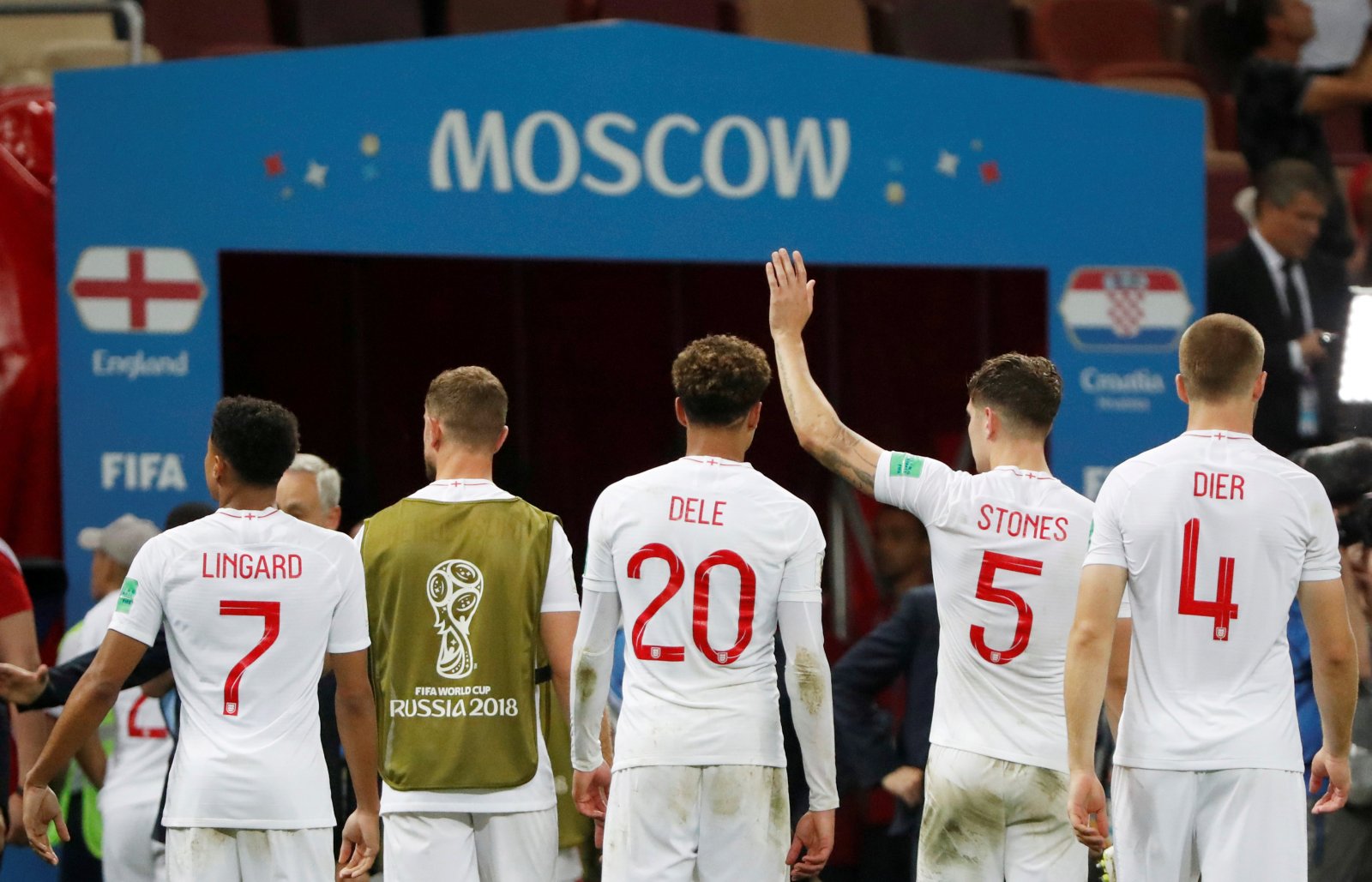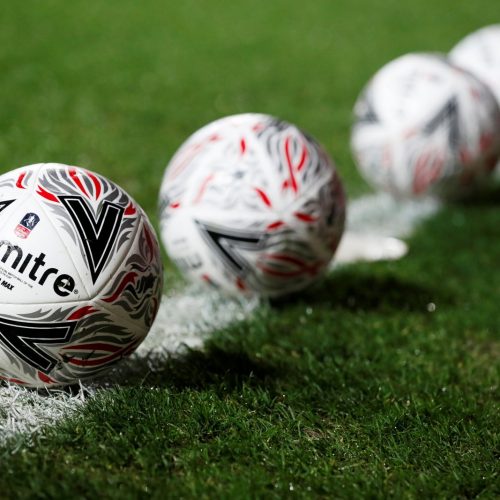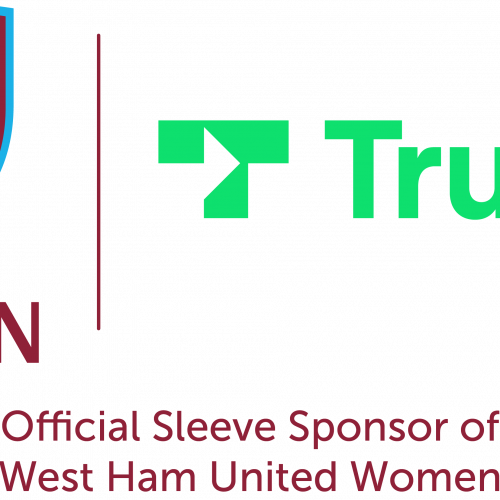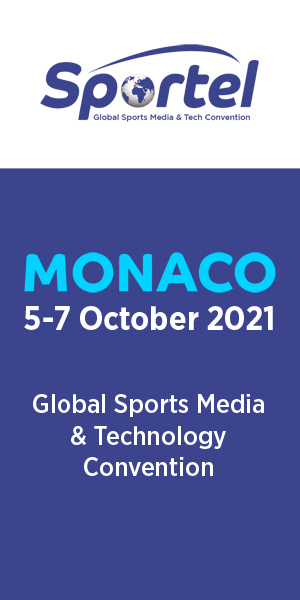England’s modest heroes give brands their biggest lesson of the World Cup
There’s still a match to go so they’re not coming home just yet, but England’s footballers have been hailed as heroes after their semi-final defeat to Croatia at the World Cup.
No matter the calibre of the teams that the Three Lions faced at this tournament before ultimately bowing out, this is as close to a final as an English side has come since 1990 – when they were beaten on penalties by West Germany. As a result, this is a team who will be remembered in the same breath as the other England sides who have gone deep into a major competition – it doesn’t happen all that often.
And yet this is a team of few stars. In the modern world, where ‘influencers’ are measured by their social media reach, footballers are often lumped into the same category. It would be quite frankly ridiculous for a football club to choose their big summer signings on the basis of their online following, but the ‘commercial value’ of a player is becoming more and more of a factor – at least in the justification of massive transfer fees.
When Paul Pogba joined Manchester United for a world record fee – one that seemed to open the floodgates for future transfers in excess of £100m – part of the draw seemed to be his internet persona. The Frenchman is in a World Cup final and is clearly a fabulous footballer with plenty to offer on the pitch, but one of the reasons put forward by onlookers in an attempt to justify the fee was the fact that the club could make lots of money out of his celebrity.
That’s something that can be borne out in the numbers, too. For example, when West Ham signed Mexican icon Javier Hernandez they saw a sudden and dramatic increase in North American followers. The club he left, Bayer Leverkusen, even lost some online ‘fans’.
It’s certainly not the be all and end all for a club and the numbers we’re talking here are in the tens of thousands, maybe the hundreds of thousands – big figures, but still a drop in the ocean to the overall figures of such big teams. But by and large it’s true that the more followers a club has on social media the better chance they have of landing bigger sponsorship deals from brands who will be looking to get in front of their loyal audience.
But that very simple way of looking at things is now becoming more complex. Engaged fans are now a prerequisite – no longer is a big crowd enough, those at the pulpit have to be seen to be engaging them. Brands don’t just want an association, they want to be put in front of a fanbase that will actually interact with them. This, most would agree, is where the real value lies with modern sponsorship. That goes for both clubs and players.
So what of England’s footballers at this World Cup?
England are out… unbelievable achievement from the boys, staff & every1 behind the scenes! You have united the country & go home as heroes! Special praise for Gareth… you have given us an identity & made us believe in Int football again! ???????????????????????????? @england @FIFAWorldCup pic.twitter.com/TXLFO6UUKd
— Rio Ferdinand (@rioferdy5) July 11, 2018
If social media were as well-developed back in 2006, you could be certain that the likes of David Beckham, Wayne Rooney, Steven Gerrard and Rio Ferdinand would be among the most followed stars at the tournament, perhaps in the entire world. This time around, England’s players lag behind in terms of the big numbers the likes of Cristiano Ronaldo and Lionel Messi have. Indeed even the ‘second tier’ of players like Sergio Ramos and Falcao are still streets ahead.
But does the success of these more modest characters, who have managed to unite a nation behind them, show brands that sentiment and engagement mean more than sheer numbers? After all, every media outlet in the country has branded these men heroes.
Hopefully so.
And this tournament might well have convinced some people that despite this era of headline numbers and impressive figures, the authenticity of a celebrity’s (or footballer’s) social media posts is more important to his or her audience than the size of their following.
This has been the most likeable England team in a generation. Despite not having to beat any of the really big favourites for the competition, they brought their country with them for the ride and made international football fun again for a country that, it seemed, had long abandoned it. Looking at the social media engagement on the posts the Three Lions players made in the wake of their defeat last night, you can see that despite their comparatively small followings the engagement huge and sentiment is thoroughly sympathetic.
Amongst all the thoughts that are sure to be published very soon about what brands can learn from this World Cup, looking hard for relatable and genuine sportspeople rather than just glancing at their social media following is surely one of the most important.
About author
You might also like
Leeds United become first football club to sell official jerseys on TikTok
Leeds United is the first football club in the world to partner with TikTok to sell official merchandise and replica jerseys. Coinciding with the release of the new rhapsody purple,
Lewes FC Appoints Sue Anstiss To Its Board Of Directors
The Lewes FC Board is delighted to announce that it has co-opted Sue Anstiss as a Lewes FC Director. Sue has been a driving force for equality in sport for
Trustly extends partnership to become West Ham United Women’s Sleeve Partner
West Ham United is pleased to announce that Trustly has enhanced its relationship with the Club by becoming the Women’s Sleeve Partner. Trustly, the leading global account-to-account payments platform, became









